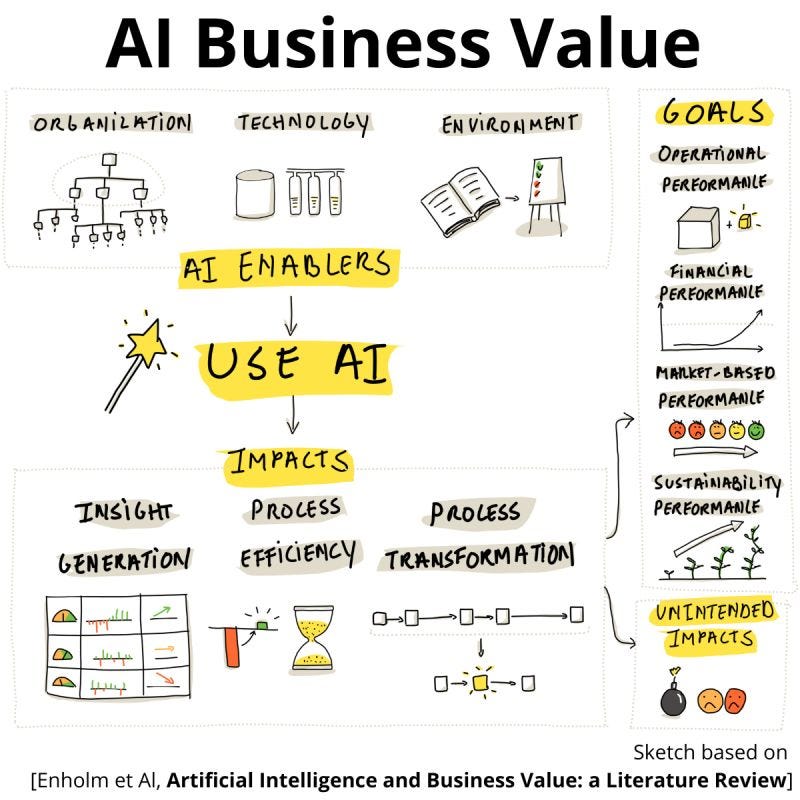
Key Metrics and Frameworks for AI Product Success
AI Product Metrics Development
Developing effective metrics for AI products is crucial to measure their success, optimize performance, and demonstrate value. Below is a comprehensive guide to key metrics and frameworks for AI product development:
1. Model Quality Metrics
Model quality metrics are essential for evaluating the accuracy and effectiveness of AI models:
- Precision, Recall, & F1 Score: Measure relevance and completeness of model outputs.
- Coherence & Fluency: Assess the logical flow and language mastery of generated content.
- Safety & Groundedness: Evaluate the harmlessness and contextual relevance of responses.
- Instruction Following: Measure the model's ability to adhere to user instructions.
- Summarization Quality: Assess the model's ability to condense information effectively.
2. System Quality Metrics
System quality metrics ensure the AI platform operates efficiently and reliably:
- Uptime & Error Rate: Monitor system availability and error frequency.
- Model Latency & Retrieval Latency: Track response times for user requests.
- Throughput & Utilization: Measure the volume of requests and resource usage.
3. Business Operational Metrics
These metrics link technical performance to business outcomes:
- Call & Chat Containment Rates: Measure AI's ability to resolve customer inquiries.
- Customer Churn & Satisfaction (CSAT): Track customer retention and satisfaction levels.
- Revenue per Visit (RPV): Evaluate the financial impact of AI-driven interactions.
4. Adoption Metrics
Adoption metrics assess how users interact with AI products:
- Adoption Rate & Frequency of Use: Measure user engagement and recurring usage.
- Session Length & Queries per Session: Evaluate the depth of user interactions.
- Thumbs Up/Down Feedback: Collect user satisfaction data for continuous improvement.
5. Business Value Metrics
These metrics quantify the financial and operational impact of AI:
- Productivity Value: Measure time saved and efficiency gains.
- Cost Savings: Track reductions in operational expenses.
- ROI: Calculate the return on investment for AI initiatives.
Frameworks for Measuring AI Success
To holistically evaluate AI products, consider the following frameworks:
- AI Value Framework: Assess business value, technical feasibility, and user experience.
- Ethical and Fairness Metrics: Ensure AI outputs are unbiased and explainable.
By tracking these metrics and applying the frameworks, AI product leaders can optimize performance, demonstrate ROI, and drive meaningful business outcomes.

